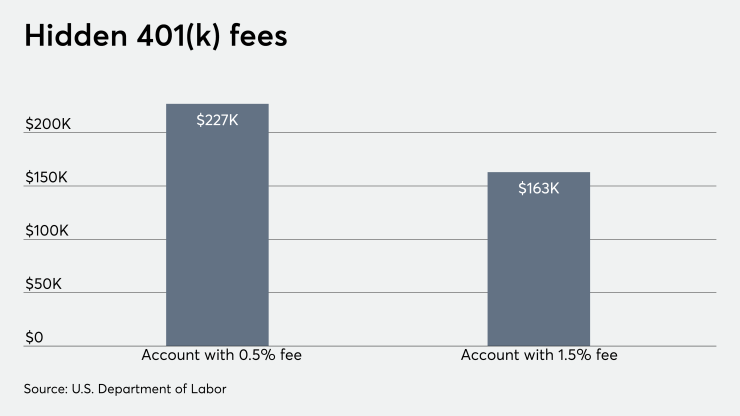Welcome to Retirement Scan, our daily roundup of retirement news your clients may be talking about.
Workers should know that they won’t own the entire balance of their 401(k) — especially if they get an employer’s match — until they are fully vested in the plan, according to this article in CNBC. “Your vesting schedule applies to the type of money, not on the exact amount that was deposited,” says an expert. “For example, if your employer contributed $100 to the match, the returns were $10 and you’re 50% vested, you get $55: half the contribution, and half the earnings.”

Clients are advised not to stick to the 4% withdrawal rule when tapping their retirement savings, as they could outlive their savings or take on greater risk than they should, according to this article in Barron’s. They also should not underestimate their tax liability in retirement. “What many individuals fail to realize is that the majority of your retirement account balance at the end of your working life is earnings, not contributions,” says an expert. “If you used a Roth 401(k) every dollar of that balance is yours to keep.”
An early retirement makes sense for those who want to enjoy their post-work life while they are still strong and healthy, according to this article in Motley Fool. Retiring early would also allow them to spend away their hard-earned savings, do the things that really matter to them and that they enjoy. Those who retire early will also have the time to build memories for their loved ones to remember them by after they're gone.
Despite their high fees and double-digit returns, nearly all have even outperformed themselves so far this year.
Clients planning earlier retirement d are advised to determine their rate of return to ensure the success of their plan, writes an expert in MarketWatch. They are also advised to account for all their expenses and plan for an early retirement as if they would do it alone. That’s because retirement income could significantly change as a result of the death of a spouse or a divorce.






